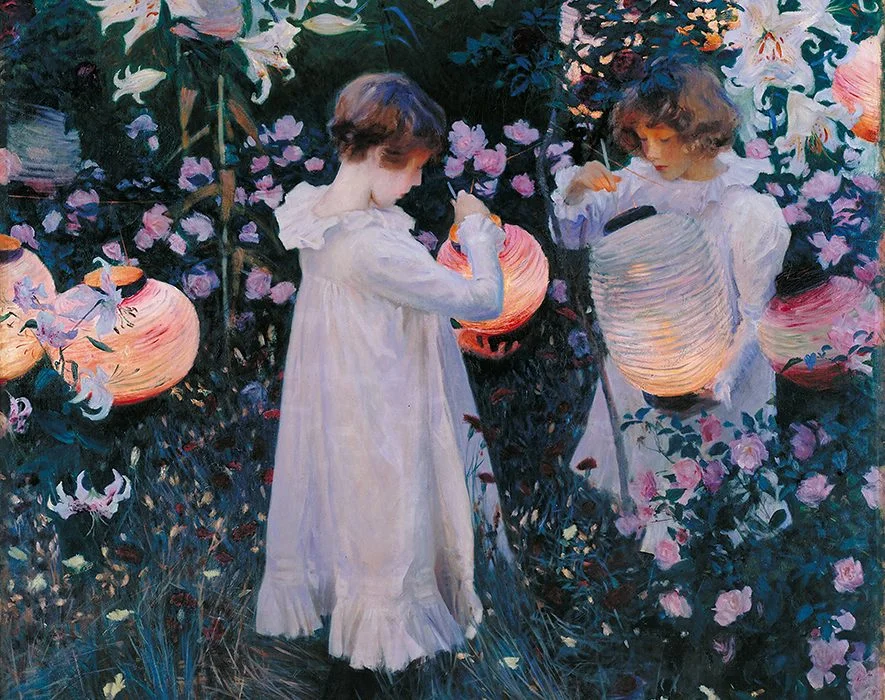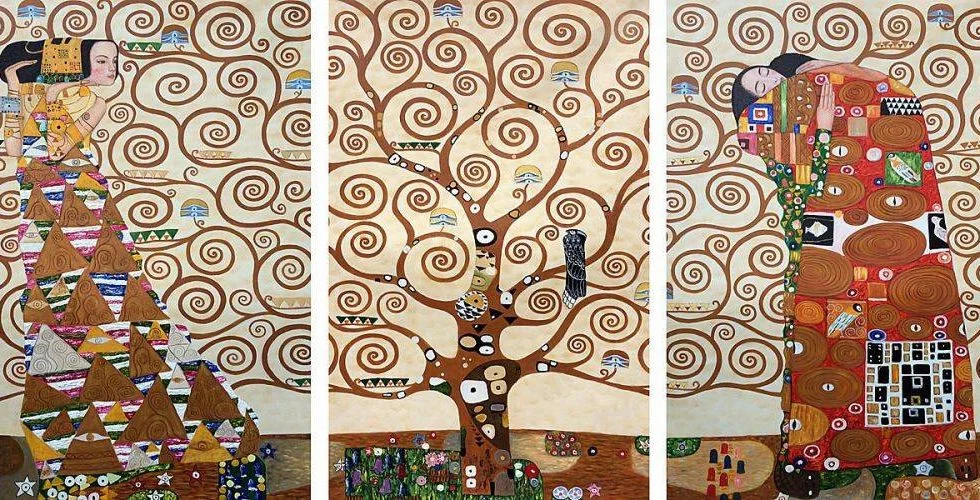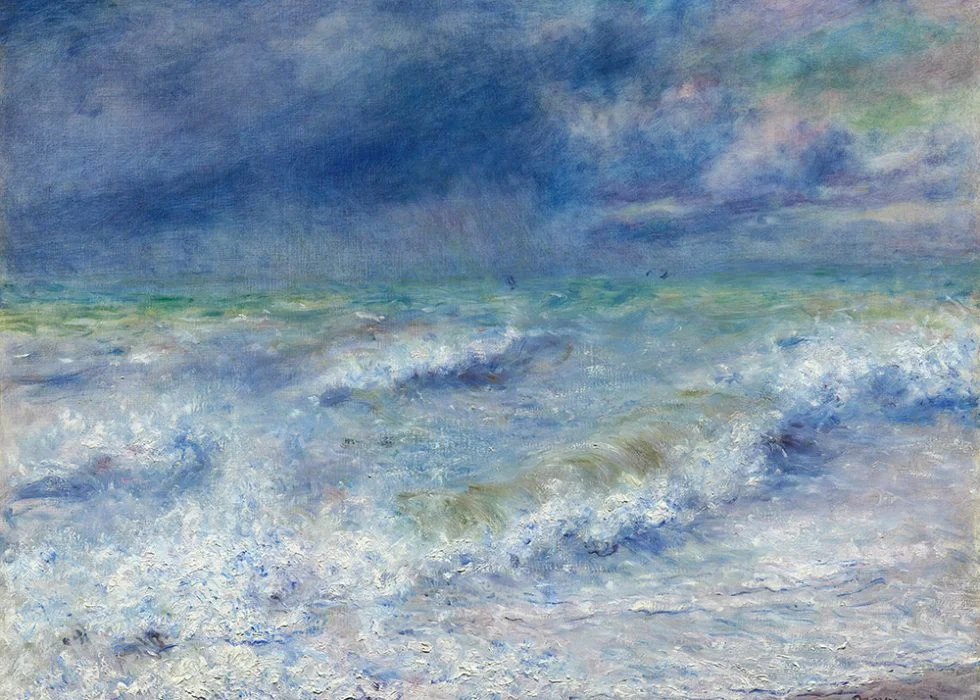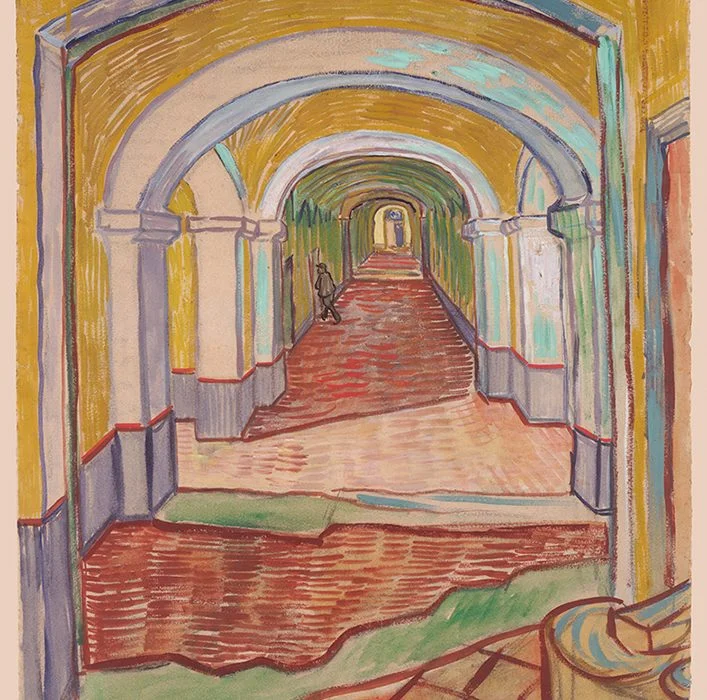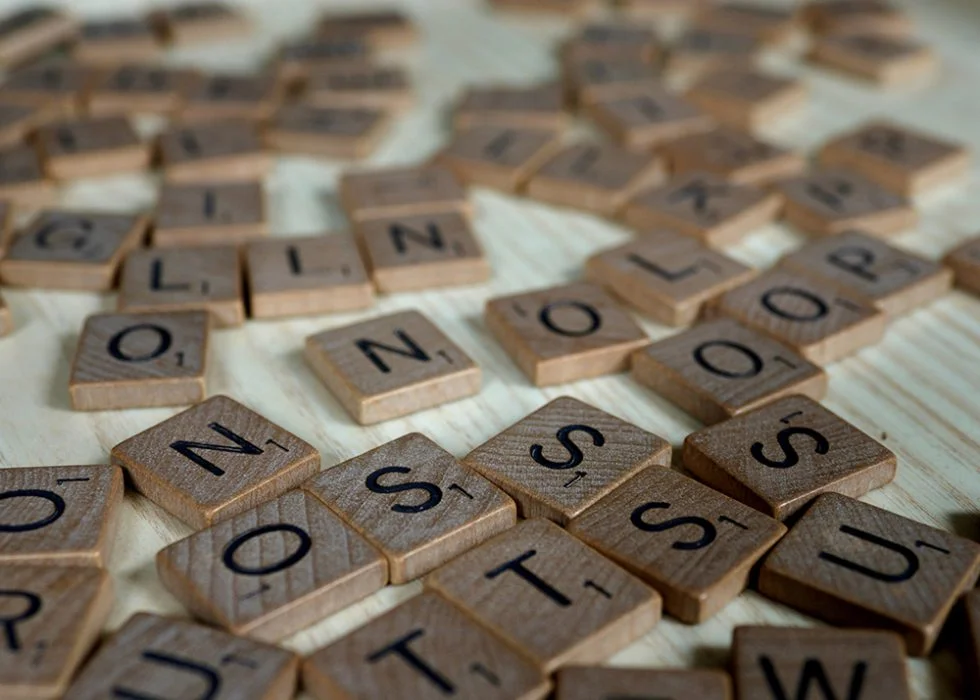Self-Knowledge • Trauma & Childhood
Why Abused Children End Up Hating Themselves
There is almost nothing sadder in the universe than the abuse of a child by its own parents. That a being should be put on earth in an entirely helpless state, then maltreated by those to whom it automatically turns for protection and education, constitutes a particular abomination.

One of the people who can best help us to understand the way a child typically responds to abuse is a little known and too often underestimated Scottish 20th century psychoanalyst, Ronald Fairbairn. Fairbairn was touchingly honest about what had brought him to psychoanalysis: he was not well. He had a bad relationship with his mother; he had a cold marriage, he had a range of anxieties and phobias. But as he put it himself: ‘It is difficult to see what inducements to seek psycho-analytical treatment there could be for an adult with a relatively mature, strong and unmodified ego.’ In other words, only fairly disturbed people are ever likely to get interested in psychoanalysis, let alone submit themselves to a training. And that is fine — and no argument against anything.

Fairbairn came to his views about how the victims of parental abuse interpret what has happened to them as a result of working as a doctor at the University of Edinburgh’s Psychological Clinic for Children in the late 1930s. In his post, he came into contact with many children who had been extremely badly treated in their homes of origins. What he found — and what profoundly struck him — was how little these children appeared to hold the abuse against their parents. Some had been appallingly mocked, others badly beaten, others sexually abused. One might have expected that the children would, in the safety of a doctor’s consulting room, voice grave misgivings and rage against those who had treated them so unfairly. But Fairbairn found no such thing. Contrary to all expectations, the children he spoke to had only positive things to report about those who had — to a substantial degree — ruined their lives. A violent father would be described as strong and decisive: a cold and contemptuous mother would be re-interpreted as kind and intelligent. And correspondingly, a child would pour all the negativity that one might have assumed belonged elsewhere onto their own shoulders: they were the bad one, they had clearly been naughty, there was something intolerably wrong with them — and that is why they had been punished.
What Fairbairn beautifully and poignantly understood was that the abused child has no option to think of themselves in decent terms. The truth is quite literally unbearable and must be twisted. One could not continue to live, as a defenceless child, if one fully took on board the evil that has been visited upon one. And therefore the mind alters the facts in the name of psychic survival.
In perhaps his most brilliant, paper, The Repression and the Return of Bad Objects, first published in 1941, Fairbairn tried to show the reader the perverse but highly understandable logic operating in the abused child’s mind.

‘If a mature individual loses an object, however important, he still has some objects remaining. His eggs are not all in one basket… The infant, on the other hand, has no choice. He has no alternative but to accept or reject his object — an alternative which is liable to present itself to him as a choice between life and death.’
There are no other parents that the child in an abusive family are able to run to: he has no other mother or father, the neglectful and harmful people in the vicinity are the only figures he has to cling to. Lose faith in them and one is done for. No wonder if one opts to reinvent who they might be.
Fairbairn famously called this manoeuvre of the mind ‘the moral defence,’ an attempt to exonerate the abuser and chastise oneself for one’s own abuse. In the words of one of Fairbairn’s most sensitive later interpreters, the American therapist and writer David Celani:
‘The moral defence is a source of comfort, as it reassures the child that he is being appropriately corrected by loving objects… the illusion that the child is securely attached to good objects prolongs his hope that his unmet developmental needs have a chance of being satisfied and that the feeling of abandonment will be avoided.’
One of the more striking features of Fairbairn was that he remained throughout his life a religious person, as so few of the great figures of psychoanalysis have been. Far from a distraction, this theological background gave Fairbairn a way of conceptualising a child’s response to abuse in terms of a form of faith. In a memorable aphorism, he wrote: ‘It is better to be a sinner in a world ruled by God than to live in a world ruled by the Devil.’ By this Fairbairn meant that the child prefers to think of themselves as still inhabiting an essentially ethical responsible realm, one in which they have transgressed and must be punished — but where the authority figures remain pillars of decency. As he went on to explain: ‘A sinner in a world ruled by God may be bad; but there is always a certain sense of security to be derived from the fact that the world around is good…there is always a hope of redemption.’ One shudders at the pain that makes this kind of mental gymnastics necessary.
Fairbairn’s view of what psychoanalysis can do for an abused child who has fallen for ‘the moral defence’ is contained in one especially gnomic sentence: ‘The psychotherapist is the true successor to the exorcist,’ he wrote, because ‘he is concerned, not only with ‘the forgiveness of sins’, but also with ‘the casting out of devils’
What did Fairbairn mean? The answer takes us into the heart of Fairbairn’s innovations in what psychoanalysis calls object relations. For Fairbairn, the bad external object (the abused parent) is quite literally internalised by the child and thereby turns the child into a bad object in their own eyes. All the violence of which they, the child, have been subject ends up in them and then colours their internal world. How they feel about themselves becomes a mirror of how others felt about them. Their sense of self, made up as it is of the introjections of parental messages, becomes a panoply of darkness and masochism.
Fairbairn proposed — counter to a lot of psychoanalytic thinking at the time — that the primary instrument by which ‘the devils’ inside the ill patient’s mind were to be exorcised was through a clinically much-neglected quality: kindness. By registering the analyst’s unusual kindness and empathy, the patient might be induced to loosen their hold on the moral defence and cease to think of their parents as so good, and themselves as so bad. They might — through love — come to be a little more on their own side and a little less on the side of their abusers — and thereby save their lives.
Fairbairn described a patient of his called Annabel who had developed a phobia about driving. Every time she was at the wheel, she became terrified that she might inadvertently hit someone and leave a trail of corpses behind; the terror forced her to pull up and walk home. In her sessions with Fairbairn, Annabel came to see that her phobia was the result of a suppressed rage against her father, an outwardly respectable and highly successful man, who had in early childhood behaved incestuously towards her. Consciously, Annabel had only positive feelings towards her father. Unconsciously, it was far more complicated. Annabel had come to be frightened of herself at the wheel (and in other areas too; her self-suspicion was vast) in lieu of properly appreciating how unfair and depraved her own father had been towards her. Fairbairn noted that many of his patients were suffering from symptoms essentially caused by incestuous wishes of their fathers which they had been unable to understand or address, and had morphed into self-hatred and paranoia. Fairbairn gives us penetrating analysis of paranoia: the entire world will grow filled with dangers when we cannot repatriate the violence and nastiness of which we have been unknowing victims.
We hear a lot about entitled people; people who take more than their due, who are unfair to the world and deserve to be taken down a peg. What we hear less about are people whose sufferings stem from an opposite problem: they lack the courage to fight back against those who do them wrong and cannot imagine that someone else might be a perpetrator of injustice. Sometimes, to cast out the devils inside us, we may need some help in spotting the devils — or, more appropriately, the extremely ill figures — in our own families. For this, Fairbairn is a supremely adept guide and mentor.



















